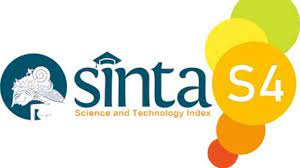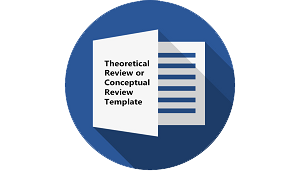LANGUAGE ACQUISITION IN CHILDHOOD STAGE: A REVIEW
DOI:
https://doi.org/10.30957/ijoltl.v4i1.260Keywords:
language development, SLA, kindergartenAbstract
This paper reviews the language acquisition theory in childhood stages. Five models of baby’s language development including pre-linguistic, holophrastic, telegraphic, simple sentence, and compound sentence are central of discussion. In the early stage, characteristics of language development and language learning in the kindergarten level are discussed integratedly. In the area of Second Language Acquisition (SLA), Krashen Theory in Natural Approach is prevalent, prevailing frontier concepts in children language development. In the social context, language view that has closed relationship to culture is included. This way, norm, etiquette, values, and other aspects of communication are valuable to teaching children in the early stage.
Downloads
Downloads
Published
How to Cite
Issue
Section
License
Authors who publish with this journal agree to the following terms:
- Authors retain copyright and grant the journal right of first publication with the work simultaneously licensed under a Creative Commons Attribution-ShareAlike 4.0 International License that allows others to share the work with an acknowledgement of the work's authorship and initial publication in this journal.
- Authors are able to enter into separate, additional contractual arrangements for the non-exclusive distribution of the journal's published version of the work (e.g., post it to an institutional repository or publish it in a book), with an acknowledgement of its initial publication in this journal.
- Authors are permitted and encouraged to post their work online (e.g., in institutional repositories or on their website) prior to and during the submission process, as it can lead to productive exchanges, as well as earlier and greater citation of published work (See The Effect of Open Access).












